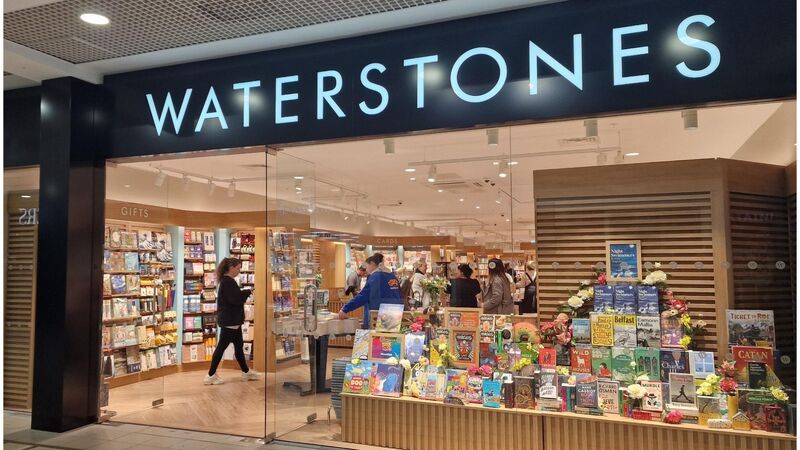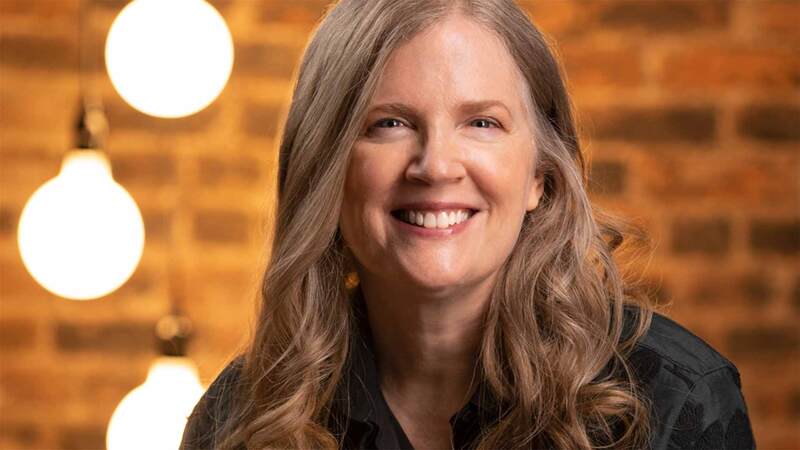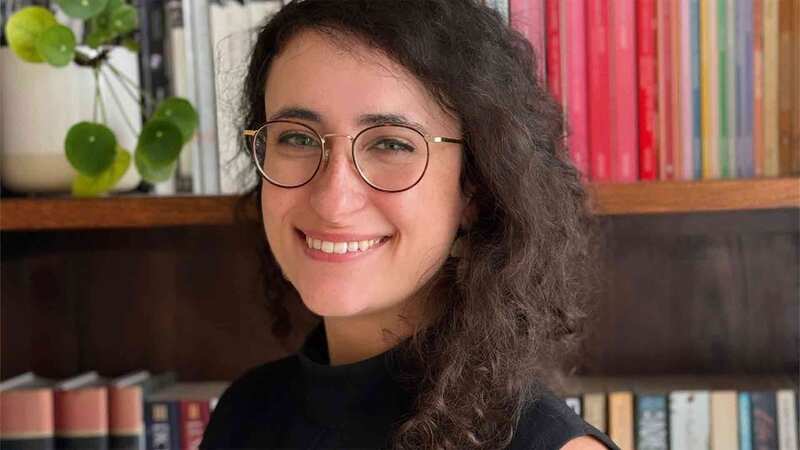You are viewing your 1 free article this month. Login to read more articles.
My accessibility wishlist for 2024
All I want for Christmas is equity in publishing.
What’s on my list for Father Christmas? Apart from a chocolate orange and a number one chart spot for my next novel, my number one desire is that in 2024 literary festivals and events will understand that if they want true equality, then they must embrace online access.
With the move to online events during the Covid pandemic in 2020 and 2021, disabled authors and readers enjoyed equal access to literary festivals and events, something that previously hadn’t been available. Since lockdown ended, however, some organisers shut the door on this access in favour of in-person only, a decision that writer and mentee of disabled authors Chloe Timms describes as "beyond disappointing … when there’s still such a huge demand for it".
This year has been a mixed bag of a year for accessibility in literary festivals, a subject which, as the co-founder of the #KeepFestivalsHybrid campaign, is close to my heart. To the huge dismay of disabled authors, readers and book lovers who for financial or other reasons are unable to travel to venues, Edinburgh and Bradford Literary Festivals cut their hybrid provision, citing financial difficulties.
Those of us campaigning for change have key allies in the publishing industry. Nicola Solomon, the chief executive of the Society of Authors, says that "hybrid events are important for both presenters and organisers … we know from our own network for Authors with Disabilities & Chronic Illnesses and indeed from our membership as a whole how important it is to provide access to such audiences".
Huddersfield Literature Festival ran hybrid events in 2023 and is planning more for 2024, with festival director Michelle Hodgson declaring "accessibility, inclusion and representation are at the forefront of our approach at HuddLitFest … We believe that hybrid is an important element in breaking down some of the barriers to participation in the arts".
Alice Murphy-Pyle, head of marketing and publicity at HarperNorth, points out the importance of planning accessibility at the outset, saying "livestreams or online elements to literary festivals and events are vital … if accessibility is factored into events from the start … it’s much more effective than thinking of it in the final stages of planning, and can really make the difference both for event organisers and the potential audience".
This year has been a mixed bag of a year for accessibility in literary festivals, a subject which, as the co-founder of the #KeepFestivalsHybrid campaign, is close to my heart
Sadly, that doesn’t always happen. For example, in November this year Kendal Mountain Festival declared at the last minute it would no longer be filming talks and putting them online, a move that award-winning disabled poet and author Polly Atkin, booked as a speaker, strongly criticised.
The festival’s statement said: "We’ve chosen to adapt our approach by not recording live festival events, a move that enriches our focus on delivering an exceptional film programme directly to you." Atkin published a retaliation online saying: "The statement clearly says that Kendal Mountain Festival thinks not offering access to live events is (a) enriching and (b) adapting. To not film live events means anyone who cannot attend an event in-person is excluded from accessing it. The thoughtless, callous wording effectively says to readers of the newsletter that exclusion is enriching … what the newsletter said to me is that people who cannot attend in-person are not welcome at the festival. There are dozens of different ways to offer remote access to live events without a large-scale glossy filming programme."
There comes the crunch. Money is often cited as a barrier to accessibility, but Andrew Lansley, innovation manager at Cheltenham Festivals in charge of exploring new technologies as part of the group’s three-year strategy, organised a hybrid "Untold Stories" event in October "using a laptop and webinar bolt-on for our Zoom account and it looked and sounded great".
Chaired by Claire Wade, the panel included Jamie Hale, Penny Parkes and myself. Lansley says "I thought Untold Stories was a brilliant discussion of the contemporary issues facing disabled authors. I was also pleased to see so many sign ups and attendance in the venue on the day was great — it certainly demonstrates that there an audience for the hybrid format".
Poet Jamie Hale applauded Cheltenham’s stance, saying: "With the quality of remote technology and the ease of basic hybrid provision, there is no longer an excuse for events to refuse to provide this. I was delighted to see Cheltenham leading the way." Representation is vital added Wade, founder of the Authors with Disabilities & Chronic Illnesses (ADCI) group. "A fifth of the population are disabled so it’s essential that they are represented … in the audience and speaking on stage." Parkes commented that "making hybrid festivals the norm rather than a special accommodation could be career-changing in terms of equity within the author community, and a huge step forward in inclusion".
How can my 2024 wish come true? Organisers, please consult The Inklusion Guide, written by Julie Farrell and Ever Dundas, which contains a section on funding as well as comprehensive information for UK literary sector organisations to use when planning events. As Parkes says, access costs "the publishers and event organisers nothing but thought … but to a disabled author they mean everything in terms of accessibility and the feeling of being welcome in one’s chosen profession".
Removing access can also mean festivals and events missing out on potential revenue. Cat Mitchell, senior lecturer in publishing at The University of Derby, highlights the power of the Purple Pound, that is disabled people’s spending power. "Businesses often focus on the upfront costs and don’t keep in mind the money they’re losing out on by ignoring audiences. Also, hybrid events don’t just benefit disabled people. People who aren’t able to travel for many reasons—including financial ones—can benefit too, alongside speakers. So it’s a class issue as much as a disability one."
These are all inspiring reasons for the publishing world to grasp the mettle in 2024 and lead the world in accessibility. Here’s hoping.
















